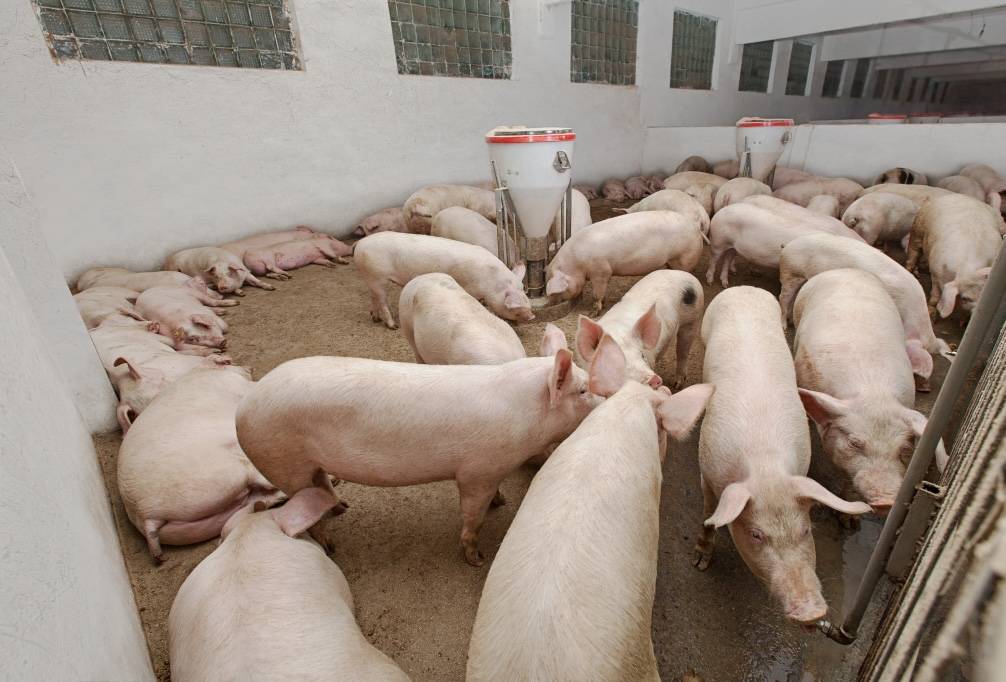Pig farming was once a common practice in Yagaba, a community in the Mamprugu Moagduri District of the North East Region of Ghana. Despite the fact that a large portion of the population is Muslim and does not eat pork, some individuals reared pigs for commercial purposes. The practice had existed for many years without any issues until a strange and disturbing event led to its complete ban in 2008.
It all started when community members began noticing an unusual occurrence. Each time someone was buried, pigs would go to the grave, dig up the body, and consume parts of it. At first, people thought it was just an isolated incident. However, it kept happening repeatedly. The sight of pigs disturbing the dead was deeply unsettling for the community.
The situation quickly became a major concern. Many people, both Muslims and non-Muslims, were horrified by what was happening. The idea that pigs—animals considered unclean in Islamic teachings—were eating human remains created fear and disgust. The elders and traditional leaders saw this as a serious issue that required immediate action.
The Chief of Yagaba, after consulting with his council, made a firm decision to put an end to pig rearing in the community. He issued an order instructing all pig farmers to sell or get rid of their pigs within one week. The directive was taken seriously, and within days, pig farming was completely wiped out from Yagaba.
The ban was widely accepted because of the seriousness of the issue. Even those who were not directly affected by the incidents believed that allowing pigs to continue roaming the community posed a great risk to cultural and religious values. In many African traditions, burying the dead is a sacred process, and any form of disrespect toward the dead is considered a bad omen.
Since then, no one has attempted to revive the practice. The ban remains in place to this day, and the people of Yagaba continue to uphold it. While religious beliefs may have influenced the decision, it was the disturbing and repeated incidents of pigs exhuming and eating buried bodies that led to the community’s firm stance against pig farming.
For the people of Yagaba, respect for the dead and maintaining peace in the community were far more important than any financial benefits from pig farming. Today, the community continues to observe this ban, ensuring that such an event never happens again. The story of how pig rearing was banned in Yagaba remains a unique part of the community’s history, serving as a reminder of the deep respect they have for their cultural and religious values.




No comments yet
Be the first to share your thoughts!